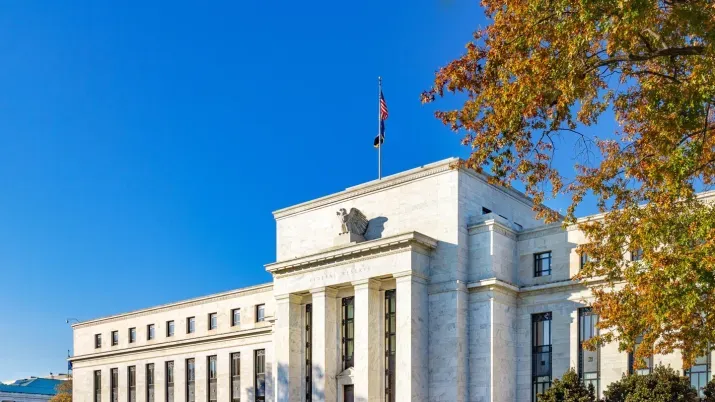Trade, Brexit and Earnings an Unholy Trinity for Markets
TwentyFour
This week has been marked red in our calendars for some time now as a week that could shape the rest of the year from a markets perspective, for three reasons.
First, we have the commencement of the latest round of US-China trade talks. Given how challenging these talks can be to set up, and the typically lengthy period between rematches, the outcome could influence markets for some time. With this in it struck as odd that quite literally on the eve of the departure of China’s most senior delegates going to Washington, the Trump administration should decide to ban eight Chinese companies from trading in the US on humanitarian grounds. Without seeking to comment on the legitimacy of the ban, the timing is questionable if the US wants to achieve the market friendly outcome that some of the more at-risk sectors will be hoping for.
Second, the timeline around Brexit discussions has been rolled forward from month-end, which is the current legal end date, to the end of this week, which is the date both the French and Irish premiers have said should be the latest to consider new proposals. On the Brexit front the market friendly hope has been that UK Prime Minister Johnson had a silver bullet that he would reveal at the last moment to win over the EU; it transpires that his plan has not met with anything like the reception he might have hoped. The reality boils down to the fact that the EU basically wants Northern Ireland to stay in the customs union, and the UK and Northern Ireland just cannot tolerate this. The rules-based EU simply has no wiggle room and as we draw in on the last few days for the revelation of new ideas, it is becoming increasingly likely that there will be no deal, and it is over to the UK lawmakers to see whether a hard Brexit is legally possible or whether enough has been done to stop it.
Now while both of these dark clouds are gathering, we must acknowledge the volatility of the outcome on both.
However, the third point that concerns us is the fact that the glass has been resiliently half full for stock investors in the last few months, despite the continuous flow of deteriorating macro statistics from economies the world over. Investors in risk assets will point correctly towards a data dependent Federal Reserve, which is likely to ease in the face of further bad news. Today we have markets pricing in a nailed-on rate cut for October and a 50% chance of a fourth cut in December. It is not clear to us just how much more monetary easing will placate equity investors, and we see a real risk that when we enter the third quarter earnings season next week, company specific data from the bottom up will be more of a shock than the macro picture has been.
We have been getting gradually more nervous as this year has progressed, which has led us to generally prefer more ‘risk free’ assets and shorter and more resilient credit assets. This does now feel like the key fortnight in the 2019 calendar.






